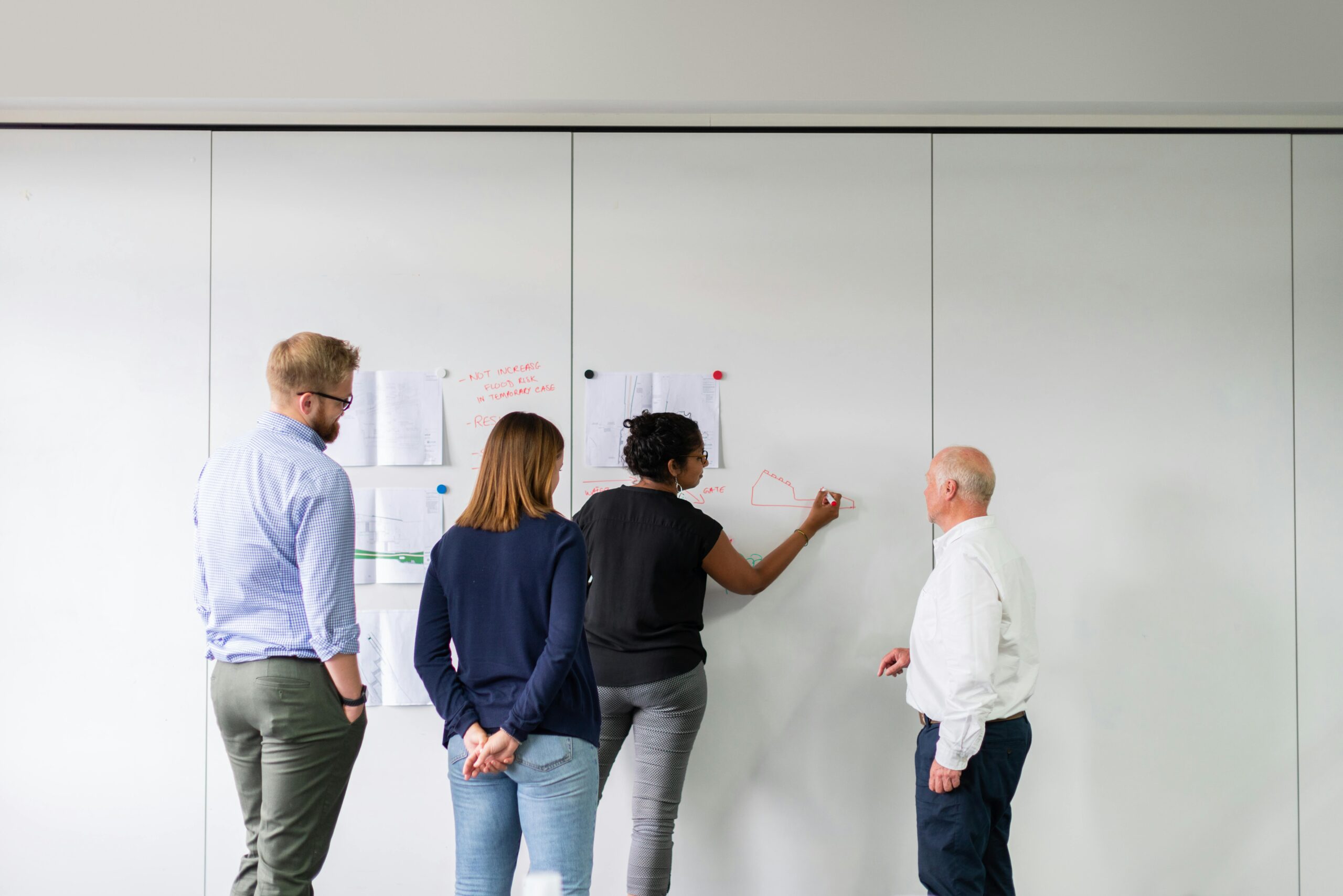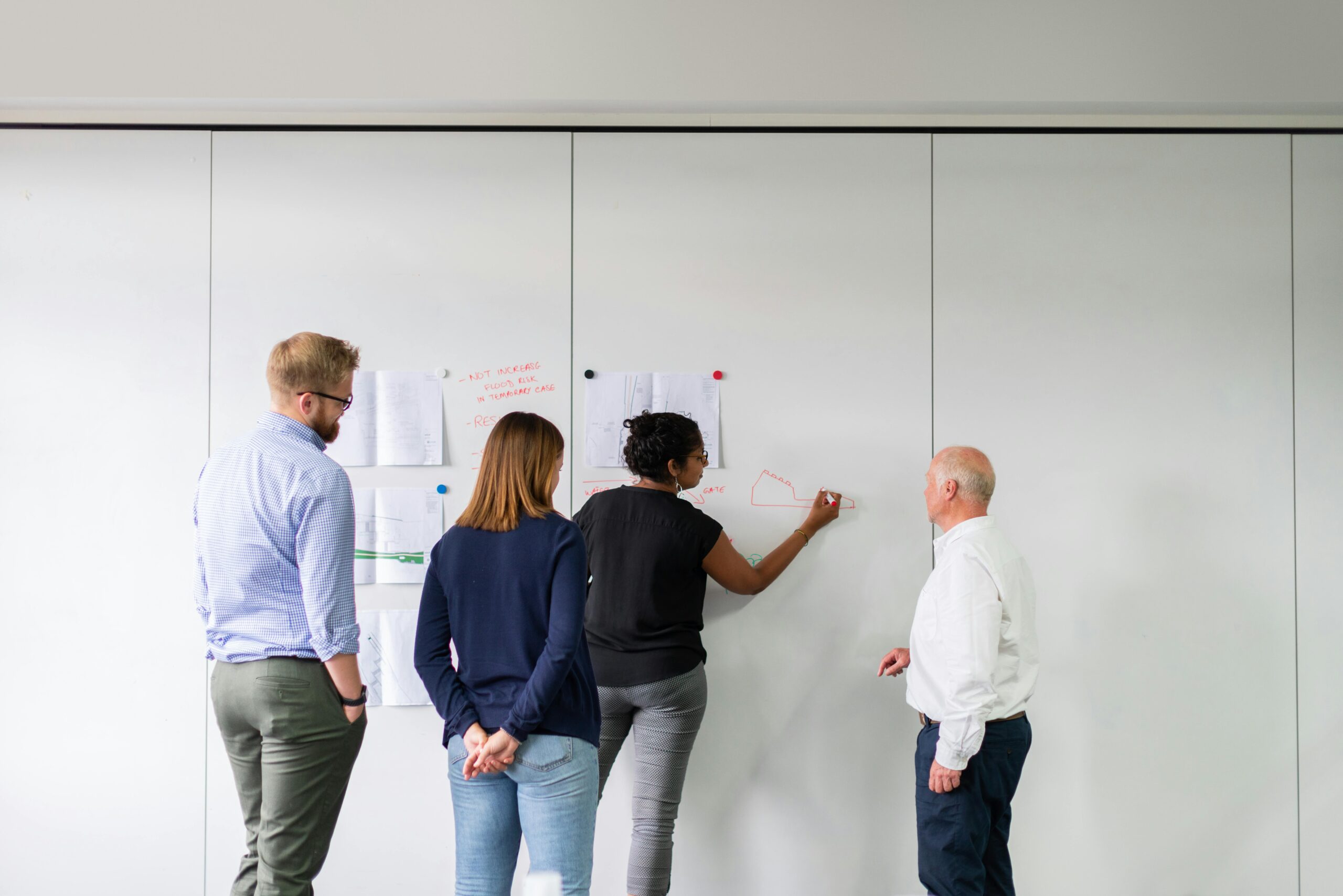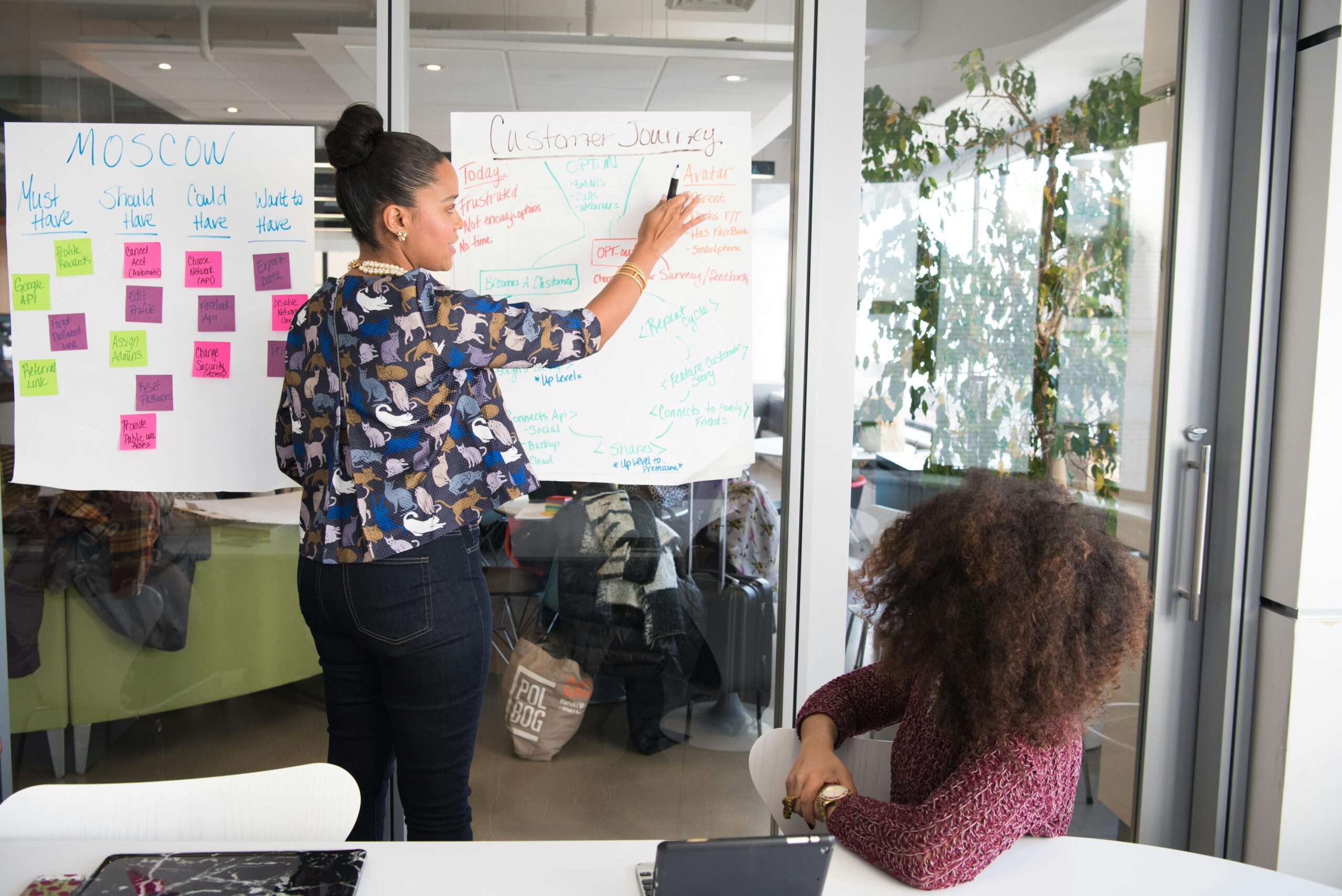Continuous learning ensures project teams remain agile in the face of evolving delivery frameworks and technologies. For instance, with the growing adoption of AI-driven analytics and predictive modeling in portfolio management, upskilling PMO staff has become an operational necessity.
As Antonio Nieto-Rodriguez, author of The Project Revolution, notes, “Project management has moved from an execution function to a strategy delivery discipline. That shift demands new learning mindsets.” Without a consistent learning pipeline—through certifications, mentorship, or real-world case study analysis—PMOs risk stagnation and strategic misalignment.
Moreover, continuous learning fosters engagement and retention. LinkedIn’s 2024 Workplace Learning Report revealed that 94% of employees would stay longer at a company that invests in their career growth. For project teams operating in high-pressure environments, professional development opportunities also reduce burnout by enhancing competence and confidence.
Embedding Learning into the PMO Framework
To embed a learning culture, PMO leaders should treat learning initiatives as part of the governance model rather than a peripheral HR function. This can include:
- Integrated learning roadmaps: Define competencies aligned with organizational goals and project delivery maturity models.
- Knowledge sharing frameworks: Implement peer-to-peer learning, communities of practice, and post-project reviews to capture lessons learned.
- Blended learning programs: Combine formal certification paths (like PMP or PfMP) with microlearning, simulations, and mentoring.
Organizations such as Microsoft and Deloitte have adopted “learning ecosystems” within their PMOs—where digital learning tools, performance dashboards, and internal academies track skills development alongside project metrics. This approach not only supports compliance with frameworks like ISO 21500 but also demonstrates measurable ROI in project delivery performance.
Leadership’s Role in Sustaining Continuous Learning
The success of a learning culture hinges on leadership sponsorship. C-level executives and PMO heads must model learning behavior and allocate time and resources for development. A Gartner 2023 report found that organizations where executives actively engage in learning initiatives see a 47% increase in employee participation rates.
Leaders who champion continuous learning build not just capable teams—but future-ready organizations. By linking development outcomes to strategic KPIs, PMOs can ensure that learning is both measurable and mission-critical.
Conclusion
Continuous learning is no longer optional for PMOs striving to remain competitive and strategically aligned. It’s the mechanism that transforms project management from operational execution to strategic value creation. When learning becomes part of the PMO’s DNA, organizations gain not just skills—but sustained excellence.
References
Project Management Institute, Pulse of the Profession 2024 | PMI | 2024
LinkedIn, Workplace Learning Report | LinkedIn Learning | 2024
Nieto-Rodriguez, Antonio, The Project Revolution | Palgrave Macmillan | 2019
Gartner, Future of Work Reinvented: Building a Learning Culture | Gartner Research | 2023
ISO, Guidance on Project Management (ISO 21500) | International Organization for Standardization | 2021




